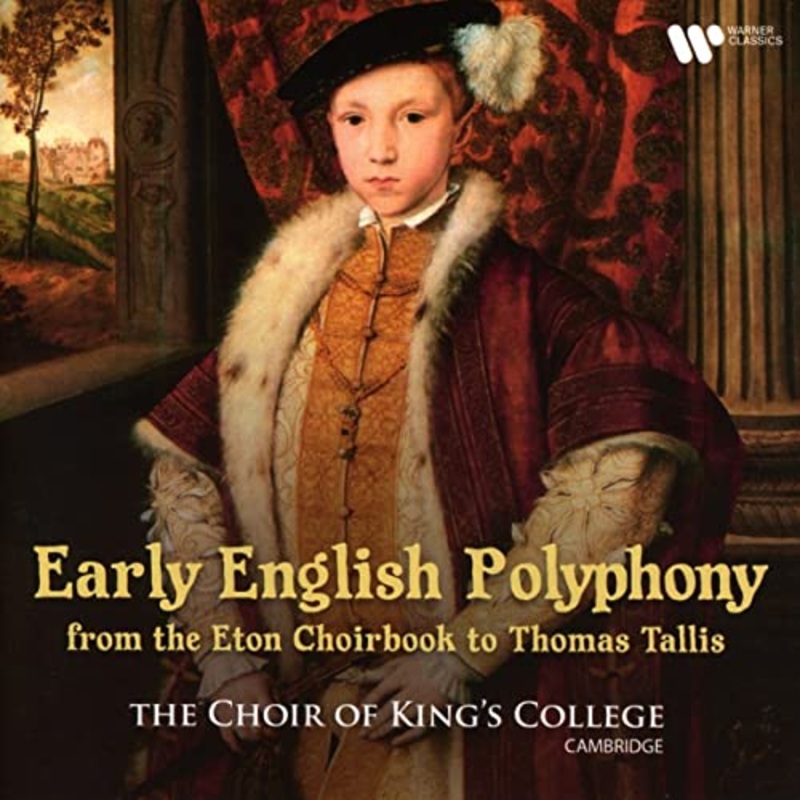
Credits:
King's College Cambridge
Description:
A beautiful chorus echoing through the chapel in a work from the early 1500s by the traditional King's College Choir of CambridgeWhen King's College, Cambridge, was founded by Henry VI in 1441, it was carefully prepared to sing at the political daily services in the chapel, with 10 ministers, 6 clerks (lay singers English worshippers in the late 15th and early 16th centuries were generous with their music, regularly making donations and bequests to churches and monasteries to be sung for the salvation of the souls of the masses. It is no coincidence, therefore, that the music of this period should have reached new heights of richness and complexity. Indeed, England was also the home of some of the most elaborate polyphony ever composed in Europe. King's College once possessed a fine choir that provided elaborate music for the major ceremonial occasions of the feast days and church calendar. However, these precious pieces of music would disappear for a long time due to religious upheaval and changing sensibilities. Some of the works of the period are preserved in the Eton Choir Book, the largest and most valuable collection of early Tudor church music, still held at Eton College, Windsor. The lavish and enormous size of the scores reflects the high standing of the Royal Institution in which they were produced.Assembled between 1490 and 1502, the scores contain music copied from a variety of sources, including perhaps the lost choir of Eaton's sister foundation. This 2-CD album contains works from the early 1500s by the traditional King's College Choir of Cambridge, and the two recordings of the works in the Eaton Choir Book are the first recordings of the works. The present King's College Choir of Cambridge is a choir in the so-called choir style, consisting of only male voices (soprano part for boys and alto (countertenor), tenor, and bass for adult male voices), which is ideal for the high degree of transparency and expression often required in choral music, especially in Anglican religious music. The uniformity of the chorus is ideal for the high level of transparency required for choral music, especially for Anglican religious music. The beautiful choral music of the choirs echoing in the chapel of King's College is a great opportunity to hear traditional religious choral music in a better sound. Warner Music Japan
